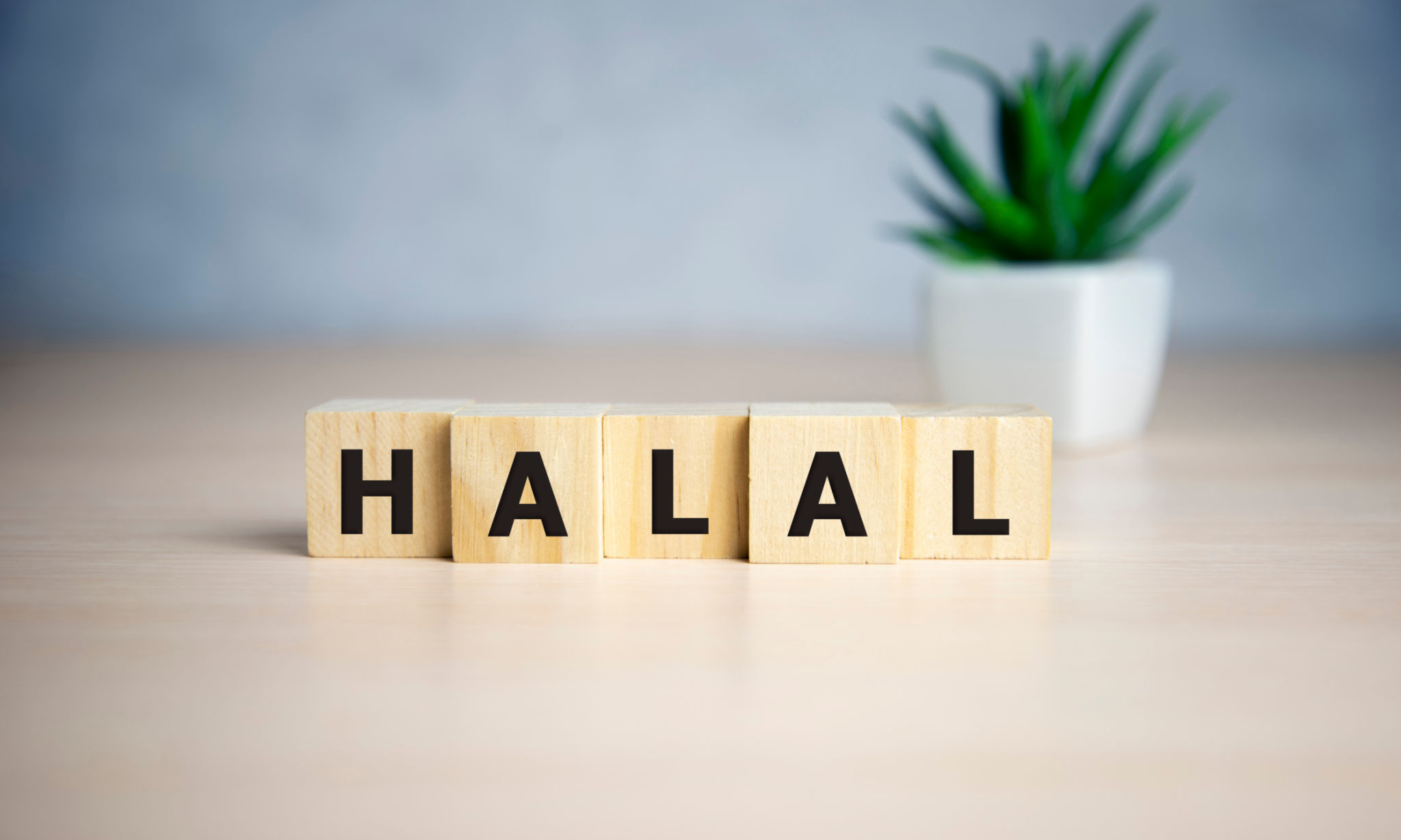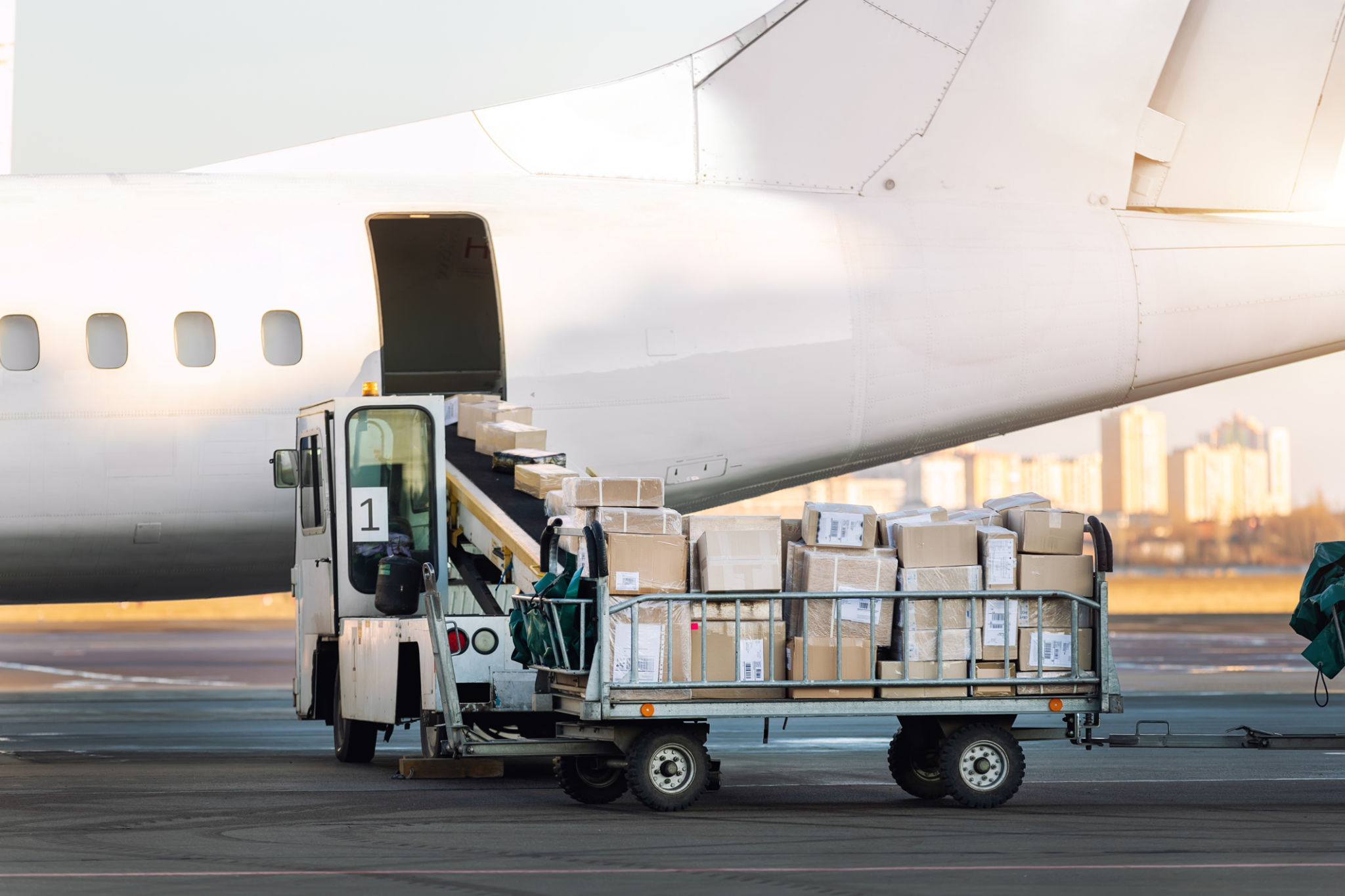Understanding Halal Certification in International Freight Shipping
Understanding Halal Certification in International Freight Shipping
In the global trade landscape, understanding the intricacies of halal certification is becoming increasingly essential, particularly for businesses involved in the shipment of foods and consumer goods. As international markets expand, ensuring that products meet halal standards is crucial for accessing lucrative markets in Muslim-majority countries. Halal certification is not just a legal requirement in these regions but also a mark of quality and ethical standards.

What is Halal Certification?
Halal certification is a process that guarantees products meet Islamic dietary laws, which dictate what is permissible or "halal" for Muslims to consume or use. This certification is not limited to food items; it can extend to cosmetics, pharmaceuticals, and other consumer goods. The certification ensures that products are free from components derived from non-halal sources, such as pork or alcohol, and that they are processed in accordance with Islamic law.
For businesses involved in freight shipping, understanding and obtaining halal certification for their products can be a complex yet rewarding process. It involves rigorous checks and balances to ensure compliance with all halal standards, which vary slightly depending on the certifying body.
The Importance of Halal Certification in Shipping
The significance of halal certification in freight shipping cannot be overstated. With the global Muslim population estimated to be over 1.9 billion, there is a substantial market for halal-certified products. For exporters, this opens doors to markets in Southeast Asia, the Middle East, and parts of Africa where halal products are in high demand.

Moreover, halal certification is often seen as an indication of quality assurance, appealing even to non-Muslim consumers who associate it with stringent hygiene and safety standards. This can enhance brand reputation and consumer trust across diverse markets.
Steps to Obtain Halal Certification
Securing halal certification involves several steps:
- Application: Submit an application to a reputable halal certifying body.
- Documentation: Provide detailed documentation about the product ingredients and manufacturing processes.
- Inspection: Undergo a thorough inspection of production facilities and processes by qualified auditors.
- Certification: Once compliance is verified, receive the halal certificate.
These steps ensure that products meet the stringent requirements of halal standards, providing assurance to consumers and regulatory bodies alike.

Navigating Challenges in Halal Certification
Navigating the challenges associated with halal certification can be daunting for businesses new to this process. One major challenge is understanding the varying requirements of different certifying bodies across different countries. While there is a general framework for what constitutes halal, specific details can vary significantly.
Additionally, businesses must be vigilant in maintaining compliance after certification is obtained. Regular audits and updates to certification may be required as ingredients or production processes change. Staying informed about changes in regulations and maintaining open communication with certifying bodies can help ease these challenges.
Conclusion: The Future of Halal Certification in Global Trade
The demand for halal-certified products is expected to grow as globalization continues to intertwine markets. For businesses involved in international freight shipping, embracing halal certification can provide a competitive edge and facilitate entry into new markets.
By understanding the importance of halal certification, adhering to its guidelines, and effectively navigating its challenges, businesses can not only expand their reach but also enhance their reputation by aligning with ethical and quality standards valued by a significant portion of the global population.
